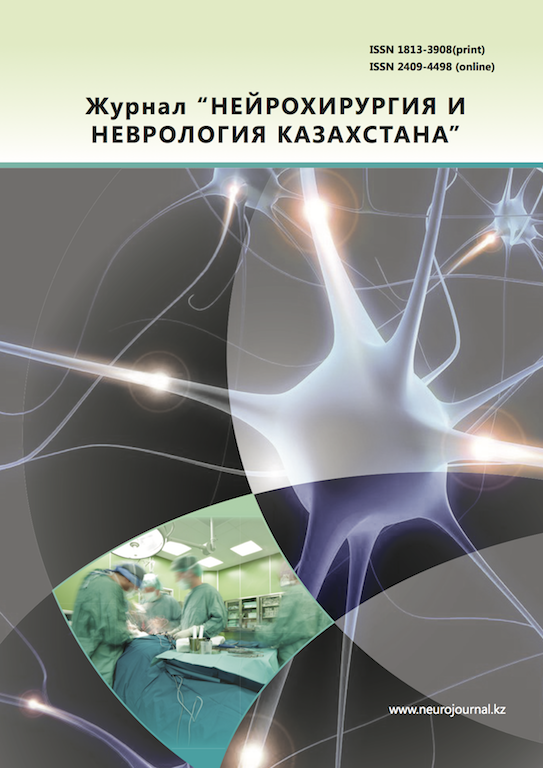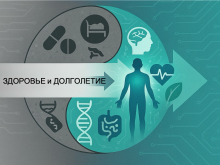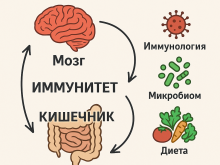Personal Medicine: A New Paradigm of Healthcare
By Almaz Sharman, Professor of Medicine
TEDx Nazarbayev University, Astana January 30, 2013
In 2008 I was appointed founding Chief Executive Offices of the National Medical Holding which is now a cluster of 6 state-of-the-art hospitals in Astana.
We introduced a modern system of hospital management, international standards of quality and safety of care.
Our doctors have performed first heart transplant, implanted more than 50 artificial heart devices, performed thousands brain surgeries, delivered thousands of babies, and saved many lives.
We are proud of these accomplishments. Kazakhstan’s healthcare system started adopting many of our ideas on hospital management and quality standards.
Most people believe that better the hospitals –better we protected from illnesses and can enjoy healthy life. That turned out as not to be true.
Government funding for hospitals has doubled during the past five years; a dozen of large hospitals were built in Astana and about a hundred in Kazakhstan.
Is Kazakhstan much healthier nation than what it was five or ten years ago as a result of such investments? I don’t think so.
Investing in hospitals, or what we call in-patient care is a common trend in many countries, including the United States. Not only we build too many hospitals, they become fancier and very expensive.
If in the ancient world most of the marble went to build temples and pyramids, in medieval times, aristocracy used marble to build castles. In the 20s century marble was used to fit out banks and business offices. Where the marble goes now? …To build the hospitals.
Let’s look at the hospitals of the National Medical Holding – those are probably the most attractive buildings in Astana. The message is: just get ill and the money will follow you, you’re welcome to the world of diseases and maladies.
Equipping a hospital is another story. It is like purchasing heavy military ammunition and they are often intimidating to the patients. It is like we are at the permanent battle against our eternal enemy.
And we make lots of mistakes while fighting diseases in the hospitals. The world of medicine is deadly: medical mistakes that happen in the hospitals around the world kill enough people each day to fill many jumbo jets.
The enemy tends to expand and to gain more power through debilitating chronic illnesses, such as heart disease, dementia, diabetes and cancer. Every year we face growing numbers of emerging and re-emerging infections.
We are losing that battle because our strategy is flawed and inefficient and the outcomes are poor for the patients and the national health system.
250 years ago French enlightenment writer François Voltaire wrote “Doctors prescribe medicine of which they know little, to cure diseases of which they know less, in human beings of which they know nothing”.
We are still focusing on inventing new drugs and medical technologies. But what we try to do is to fight diseases at the stages when they almost conquered our bodies.
Is this really right direction that people are expecting from our healthcare systems?
I suggest a possible alternative to that movement. I propose a change from the current paradigm that is diseases-centric to a new paradigm, that is health and wellness-centric.
In 1946, the World Health Organization defined health as: “… a state of complete physical, mental and social well-being and not merely the absence of disease or infirmity.”
In 21 century poor physical, mental and social well-being continues to be a critical and costly issue impacting the globe.
Why is that? It is because we keep forgetting the key role prevention and early detection of diseases, which is an essence of what we call primary healthcare.
Primary care doctors are the ones who protect us from getting ill and help us to navigate in the ocean of medical knowledge. Those are not superstar surgeons, but their role is crucial.
For a layman - non-medical person it is difficult to distinguish a good medical practice from incompetence and ignorance that is unfortunately predominant in healthcare of Kazakhstan.
In such environment, primary care is a bottleneck or a gateway that helps to identify islands of competence and to communicate with the other parts of our healthcare system.
This would require that a primary care doctor is efficient, engaged, well educated and empowered expert.
What we have now is a primary care doctor that is “Cinderella” of healthcare. Primary care doctor doesn’t share the glory of sophisticated medical technologies and tends to stay low profile.
We need to empower them with knowledge and technology, motivate and properly compensate them for the hard work and commitment.
This can be accomplished through the establishment of a network of community-based technology-driven private centers of personal medicine.
Why technology driven? Internet and social media as well as such technologies as portable EKG and Cardiosonogram machines, iPhone medical apps and devices democratize medicine making technology available at the primary care level.
Why private? Why not? We are eager to invest into how we look like: choose good hair salon, buy skin care products or pay for cosmetic surgery etc.
Nobody wants to get a free haircut. But for some reason we are reluctant to invest into our internal beauty.
Motivated primary care doctor is our ally who can help us to navigate in the conundrum and healthcare and to keep our bodies healthy.
Why personal and community-based? Personal support and social context is essential to improve overall health and wellness and actively engage consumers in managing their own health.
If medicine practiced with the consumer at heart, with personal relationship that revolves entirely around their needs, time and convenience, we are only looking at a brighter and healthier healthcare.
Current healthcare paradigm is still centered around the hospitals and super-specialty doctors, or what we call egocentric and disease-centric medicine.
Alternative to this is alliance of primary care doctors with consumers converted into active participants in healthcare, engaged and empowered with knowledge and new technologies.
Only then we will be able to successfully prevent diseases and attain high-functioning and active lifespan of our citizens.







